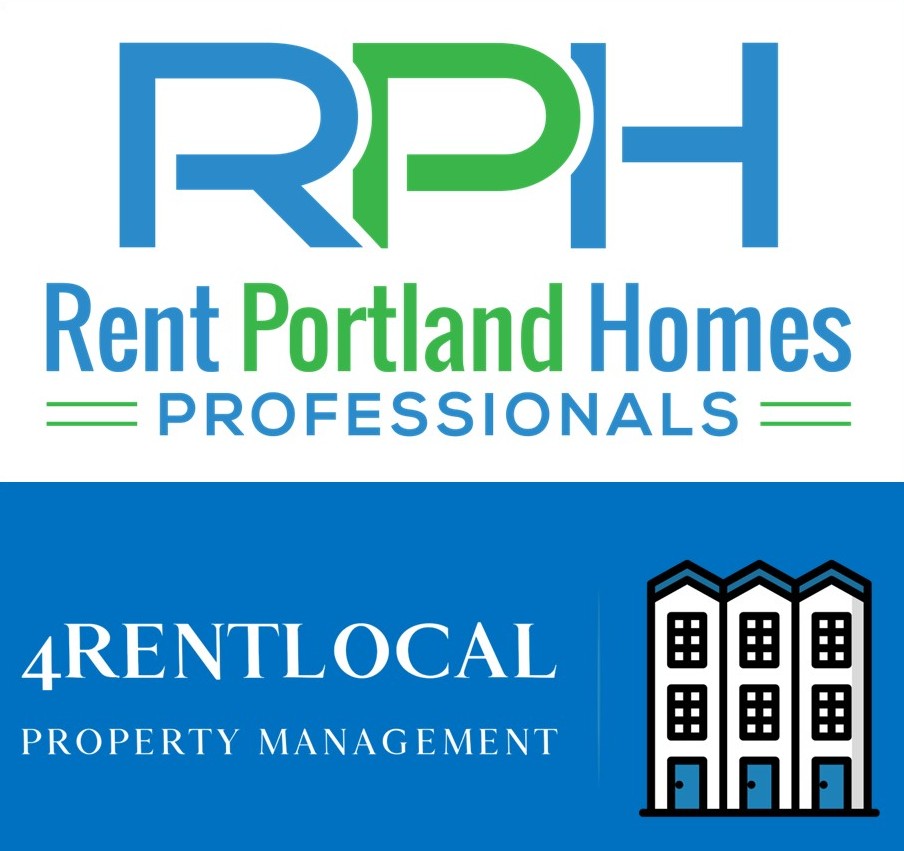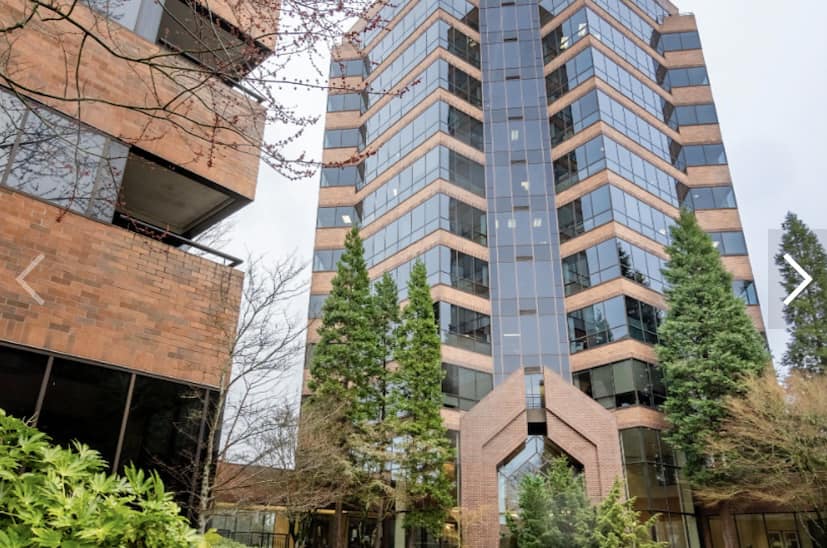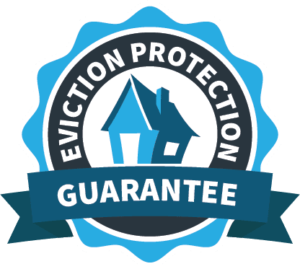Navigating Tenant Disputes: Tips for Resolving Rental Property Conflicts
Have you ever had a tenant dispute? If so, you know how difficult it can be to navigate the situation. Tenant disputes can arise from a variety of issues, such as late rent payments, unauthorized modifications to a rental property, or disagreements over the terms of a lease agreement.
While it can be stressful to deal with tenant disputes, there are ways to resolve these issues without resorting to costly legal action. In this article, we provide tips for navigating rental property tenant disputes and resolving rental property conflicts. We’ll discuss methods for communication, best practices for responding to tenant complaints, and strategies for preventing disputes from escalating. With these tips in hand, you’ll be better equipped to manage tenant disputes and maintain a healthy relationship with your tenants.

Navigating Tenant Disputes: Tips for Resolving Rental Property Conflicts
Have you ever had a tenant dispute? If so, you know how difficult it can be to navigate the situation. Tenant disputes can arise from a variety of issues, such as late rent payments, unauthorized modifications to a rental property, or disagreements over the terms of a lease agreement. While it can be stressful to deal with tenant disputes, there are ways to resolve these issues without resorting to costly legal action. In this article, we provide tips for navigating tenant disputes and resolving rental property conflicts. We’ll discuss methods for communication, best practices for responding to tenant complaints, and strategies for preventing disputes from escalating. With these tips in hand, you’ll be better equipped to manage tenant disputes and maintain a healthy relationship with your tenants.
What Causes Tenant Disputes?
Tenant disputes can arise from a variety of issues. Late rent payments, unauthorized modifications to a rental property, or disagreements over the terms of a lease agreement are all common causes of tenant disputes. Other causes of tenant disputes include failure to maintain the rental property or follow the rules of the lease agreement, noise complaints from neighbors, and disagreements over security deposits or other fees.
No matter what the cause of the dispute is, landlords need to remain professional and respectful when communicating with their tenants. This will help to ensure that the dispute is resolved in a timely and amicable manner.
It is also important for landlords to be familiar with their local landlord-tenant laws. These laws outline the rights and responsibilities of both landlords and tenants, and it is important to abide by them to avoid potential legal issues.
Tips for Effective Communication with Tenants
Effective communication is key to resolving tenant disputes. Landlords should be sure to respond promptly to tenant inquiries and complaints. This will help to ensure that issues are addressed quickly and help prevent disputes from escalating.
When communicating with tenants, it is important to remain professional and courteous. Avoid using aggressive language or raising your voice when discussing the matter. Instead, focus on finding a solution that is beneficial to both parties.
It is also important for landlords to listen to the tenant’s concerns and understand their points of view. This will help to ensure that the dispute is resolved in a manner that is fair and equitable for both parties.
Landlords should also take the time to clearly explain their position and the options available for resolving the dispute. This will help to ensure that the tenant understands the situation and is more likely to cooperate in finding a solution.

Responding to Tenant Complaints
When responding to tenant complaints, landlords need to remain calm and professional. This will help to ensure that the dispute is resolved in a timely and amicable manner.
When responding to a complaint, landlords should take the time to listen to the tenant’s concerns and understand their points of view. This will help to ensure that the dispute is resolved in a manner that is fair and equitable for both parties.
It is also important for landlords to remain firm and stick to their position. This will help to ensure that the tenant understands the situation and is more likely to cooperate in finding a solution.
When responding to a complaint, landlords should also take the time to clearly explain their position and the options available for resolving the dispute. This will help to ensure that the tenant understands the situation and is more likely to cooperate in finding a solution.
Strategies for Preventing Tenant Disputes
There are several strategies that landlords can use to prevent tenant disputes from occurring.
First, landlords need to have a clear lease agreement that outlines the rights and responsibilities of both parties. This will help to ensure that tenants understand their obligations and that any disputes that arise can be resolved quickly and easily.
Second, landlords should be proactive in addressing potential issues. For example, if a tenant is late on rent, landlords should contact the tenant as soon as possible to discuss the issue and find a solution. This will help to prevent the dispute from escalating.
Third, landlords should be aware of their local landlord-tenant laws. This will help to ensure that they are abiding by all applicable laws and regulations and that any disputes that arise can be resolved by the law.
Finally, landlords should strive to maintain a good relationship with their tenants. This will help to ensure that any disputes that arise can be resolved quickly and easily.
Understanding the Legal Aspects of Tenant Disputes
Landlords need to be familiar with their local landlord-tenant laws. These laws outline the rights and responsibilities of both landlords and tenants, and it is important to abide by them to avoid potential legal issues.
In some cases, tenant disputes may require legal action. If this is the case, landlords should be sure to consult a qualified attorney to ensure that they comply with all applicable laws and regulations.
It is also important for landlords to understand the process for resolving tenant disputes. In most states, disputes between landlords and tenants must be resolved through the court system. This process can be time-consuming and expensive, so landlords need to understand the process before taking legal action.
Tips for Resolving Tenant Disputes
When attempting to resolve tenant disputes, landlords need to remain professional and courteous. This will help to ensure that the dispute is resolved in a timely and amicable manner.
It is also important for landlords to remain firm and stick to their position. This will help to ensure that the tenant understands the situation and is more likely to cooperate in finding a solution.
Landlords should also take the time to clearly explain their position and the options available for resolving the dispute. This will help to ensure that the tenant understands the situation and is more likely to cooperate in finding a solution.
Finally, landlords should strive to maintain a good relationship with their tenants. This will help to ensure that any disputes that arise can be resolved quickly and easily.
How to Handle a Tenant Refusal to Pay Rent
If a tenant refuses to pay rent, landlords need to remain calm and professional. This will help to ensure that the dispute is resolved in a timely and amicable manner.
When dealing with a tenant who refuses to pay rent, landlords should take the time to clearly explain their position and the options available for resolving the dispute. This will help to ensure that the tenant understands the situation and is more likely to cooperate in finding a solution.
In some cases, landlords may be able to negotiate a payment plan with the tenant. This will allow the tenant to pay the rent over time, while also ensuring that the landlord is not left short.
If the tenant is unwilling to negotiate a payment plan, landlords may be able to pursue legal action. This process can be time-consuming and expensive, so landlords need to understand the process before taking legal action.
When to Involve a Legal Professional
In some cases, tenant disputes may require legal action. If this is the case, landlords should be sure to consult a qualified attorney to ensure that they comply with all applicable laws and regulations.
A qualified attorney will be able to advise landlords on the best course of action for resolving the dispute. They will also be able to provide advice on how to avoid potential legal issues in the future.
It is also important for landlords to understand the process for resolving tenant disputes. In most states, disputes between landlords and tenants must be resolved through the court system. This process can be time-consuming and expensive, so landlords need to understand the process before taking legal action.
Tenant disputes can be stressful and difficult to navigate, but with the right approach, they can be resolved quickly and amicably. By following these tips and understanding the legal aspects of tenant disputes, landlords will be better equipped to manage tenant disputes and maintain a healthy relationship with their tenants.
For more information about the property management services that we can offer you, contact us today by calling us at (503) 477-7788 or click here to connect with us online.






































